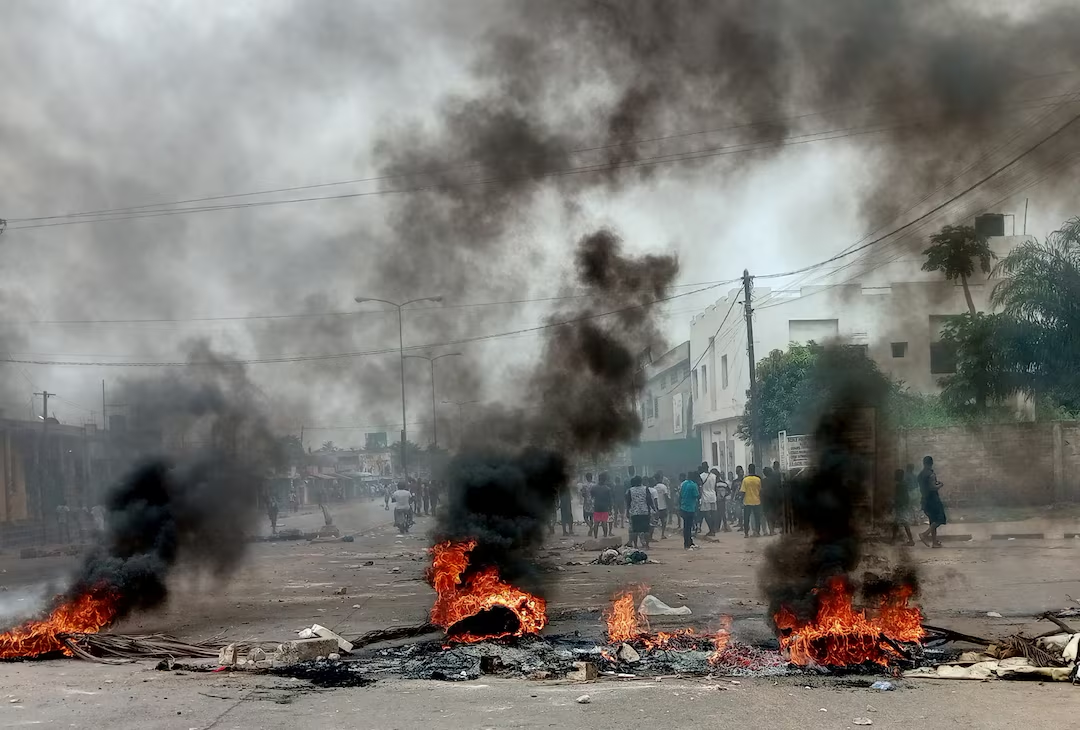
At least seven people have been killed during a wave of protests in Togo, as anger mounts over recent constitutional changes widely seen as entrenching President Faure Gnassingbé’s hold on power.
The unrest, which gripped several districts of the capital Lomé from June 26 to 28, erupted following the controversial transition from a presidential to a parliamentary system earlier this year. Though the reform was officially framed as a democratic milestone, critics argue it merely allows President Gnassingbé—already in office since 2005—to retain control indefinitely by shifting executive power to a new role without term limits.
The symbolic appointment of Jean-Lucien Savi de Tové as a powerless head of state further fueled public skepticism. Opposition has grown rapidly, particularly among urban youth, civil society activists, artists, and diaspora figures who accuse the ruling UNIR party of systematically curbing civil liberties and monopolizing state institutions. The party currently dominates Parliament, having secured a large majority in the February senatorial elections.
Despite a government ban on public gatherings, demonstrators flooded the streets of Lomé, calling for political reform and an end to what they describe as state repression. Protesters erected barricades with burning tires and wooden planks, forcing shops and schools to close. Security forces responded with tear gas and forceful dispersals, triggering violent confrontations.
According to multiple eyewitness reports and local human rights groups, unidentified armed civilians—believed to be regime-linked militiamen—were also seen targeting demonstrators. By the end of the protests, seven bodies were recovered from the city’s waterways, including two young men found in the lagoon on Friday night. Rights organizations allege that the deaths were directly caused by excessive use of force and accuse the government of orchestrating a brutal crackdown.
In addition to the fatalities, dozens were injured and at least 60 people were arrested. Authorities have described the protests as “illegal gatherings” but have yet to release details about the deaths or confirm the detentions.
“The right to peaceful protest must never be equated with a threat,” said David Dosseh, spokesperson for the Togo Debout Citizen Front. “This repression sends a chilling message to all Togolese citizens who aspire to freedom and democracy.”
As tensions simmer and calls for accountability grow louder, the rift between the government and civil society appears more profound than ever—signaling a turbulent path ahead for the West African nation.



